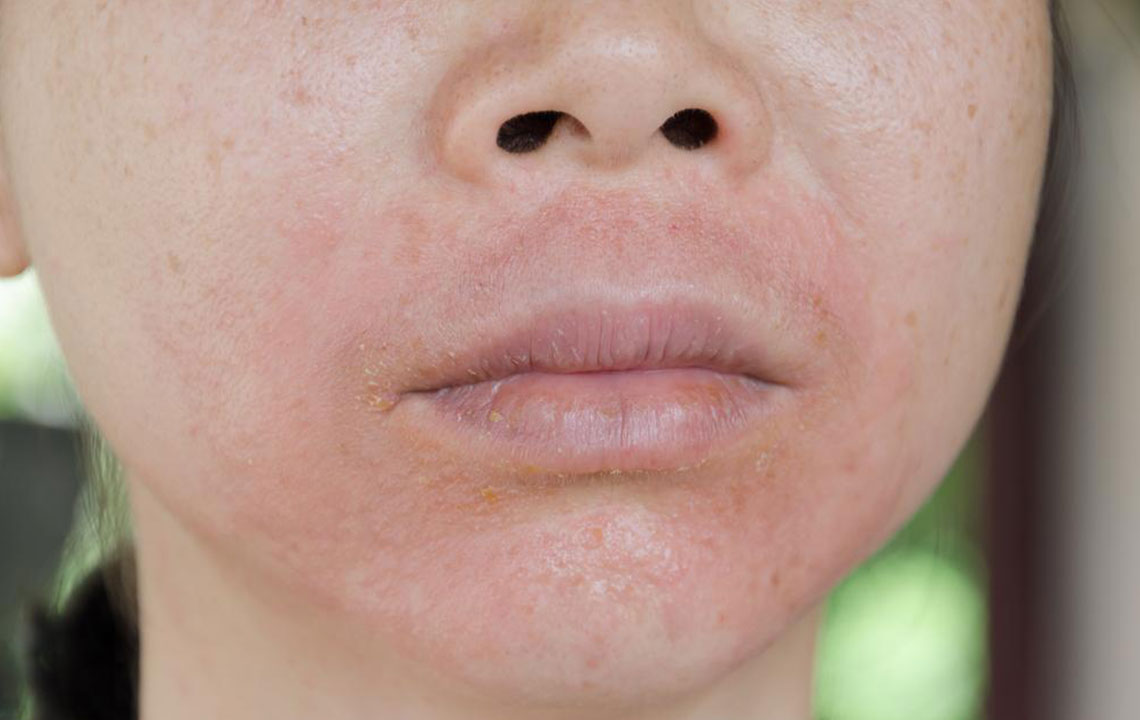Effective Strategies for Managing Eczema Symptoms
Discover practical strategies to manage eczema effectively. This article covers triggers, symptoms, treatment options, natural remedies, and dietary tips to help soothe and control flare-ups, improving overall skin health and quality of life.
Sponsored

Key Strategies for Eczema Management
Eczema is a prevalent skin disorder affecting both children and adults, characterized by intermittent flare-ups. The skin becomes itchy, inflamed, and rough, often appearing on the hands, legs, feet, neck, chest, and bendable joints like elbows and knees. Identifying and avoiding triggers such as allergens, irritants, or environmental factors is crucial. While no cure exists, various treatments help alleviate symptoms. Understanding your triggers and adopting suitable skincare routines can significantly improve quality of life for eczema sufferers.
Understanding Eczema
Untreated eczema can lead to skin inflammation, bumps, and cracks, increasing infection risks. It mainly affects the face initially and later spreads to other areas like the neck, wrists, ankles, and joints. Children often see improvement as they age, but some cases persist into adulthood. Eczema isn't contagious but can cause wounds that may get infected. Different types include atopic dermatitis, contact dermatitis, seborrheic dermatitis, and others, each with distinct symptoms and triggers.
Common signs encompass persistent itching, dry, sensitive, and rough skin, as well as swelling or crusting. Recognizing these indicators early helps in managing the condition effectively. Severity varies, with symptoms fluctuating over time. Consulting a healthcare professional is essential for accurate diagnosis and tailored treatment plans.
Allergic reactions from pet hair, pollen, certain foods, and chemicals can trigger flare-ups.
Irritants such as soaps, cleaning agents, fragrances, and certain fabrics may worsen symptoms.
Environmental factors like low humidity or excessive heat and sweating influence eczema severity.
Stress and hormonal fluctuations can exacerbate symptoms by increasing inflammation.
Managing eczema involves avoiding known triggers, maintaining skin hydration, and following medical advice. Treatments vary based on age and severity, including topical medications, emollients, and light therapy.
Child-specific care: Use gentle cleansers, moisturizers, and consider bleach baths or immunosuppressants for severe cases.
Adult treatments: Similar approaches with adjustments in strength, including antihistamines and corticosteroid options.
Natural remedies, such as aloe vera gel, diluted apple cider vinegar, and colloidal oatmeal, can soothe irritated skin. A balanced diet rich in vitamin D, omega-3s, fruits, vegetables, probiotics, and whole grains supports skin health and immune function. Avoiding processed foods and allergens aids in reducing flare-ups. Regular monitoring, stress management, healthy eating, and proper skincare are vital for effective eczema control.






